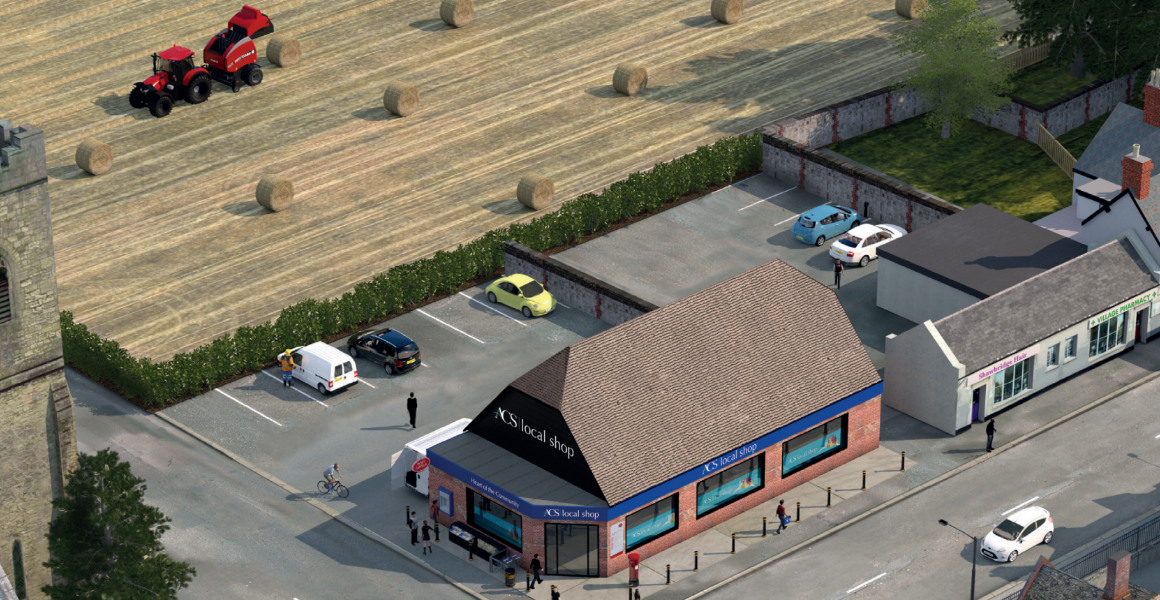The average independent rural shop is getting smaller while multiple-owned rural stores are getting larger.
The ACS Rural Shop Report 2018 revealed that 65% of rural independent shops are smaller than 1,000sq ft, a 14% year-on-year increase. Oppositely, the number of multiple owned rural shops in the same size category fell by 21%.
The number of larger format stores between 2,000 and 3,000sq ft owned by independents fell by a third, while those owned by multiples grew by 8%.
The trend is also highlighted by a decrease in the number of staff employed in the independent rural shop sector. While both the total number and market share of independent rural shops has increased, the number of staff employed fell by 7,000 in the past 12 months.
Data released by retail auctioneers Christie & Co suggested that the trend for smaller independent shops may not be limited to rural locations.
The company’s MD of retail Steve Rodell told Retail Express: “It’s a high proportion of first-time buyers at the very lower end, for example with the McColl’s campaign we sold around 30 stores and many went to first-time buyers with a price of less than £50,000 for the lease.”
McColl’s began selling off its 100 smallest stores in 2016.
Despite the falling average store sizes, investment by independent rural retailers in their shops remained stable at £315m, compared to £311m the year before.
ACS CEO James Lowman said: “Rural shops are crucial to the economy and to the often isolated communities that they serve. We encourage Government to continue looking at ways to support these businesses and encourage retailers to invest.”
Opportunities for rural retailers in the report included specialist foods, with specialist food shops voted as having the third most positive impact of any rural shop type, after post offices and convenience stores, up from sixth place in 2017.
The report also revealed that the number of shoppers visiting stores for meals, food to go and fuel all grew.



Comments
This article doesn't have any comments yet, be the first!